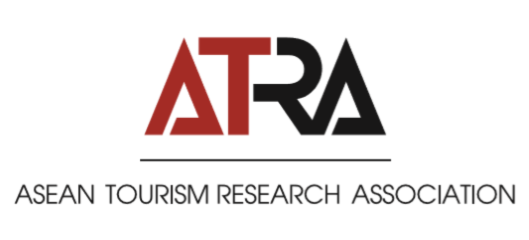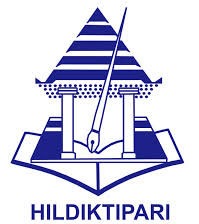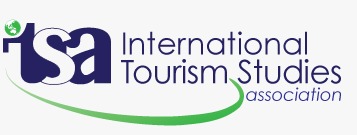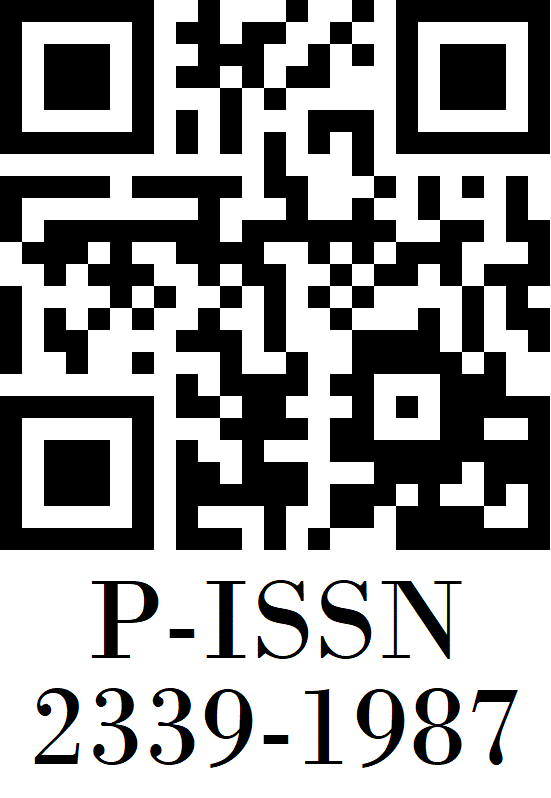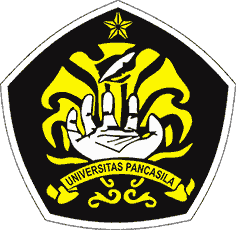TOURIST'S WILLINGNESS TO PAY FOR ENVIRONMENT REHABILITATION
DOI:
https://doi.org/10.35814/tourism.v9i1.1913Keywords:
Kepulauan Seribu Marine National Park (TNKpS), Harapan Island, Contingent Valuation Method (CVM), Willingness to Pay (WTP).Abstract
Kepulauan Seribu Marine National Park (TNKpS) which is the only national park in the world located in a capital city, is included as a part of the Kepulauan Seribu Administrative Regency, DKI Jakarta Province. Based on the decree of the Director of Forest Protection and Nature Conservation Number SK.05/VI-KK/2004 concerning the Zonation of the Kepulauan Seribu Marine National Park, not all TNKpS areas can be used as tourism destinations, because there are zones aimed at conservation of natural resources. According to the decree, TNKpS area is divided into 4 zones, namely the Core Zone, Protection Zone, Tourism Utilization Zone and Settlement Zone. One of the residential islands in TNKpS which is also the main destination for tourists for transit, is Harapan Island. Apart from being the main destination for tourists for transit, Harapan Island is the largest island in Seribu Utara sub-district. The cost of traveling to Kepulauan Seribu, especially to Harapan Island, is very affordable, between IDR 350,000 to IDR 400,000. This affordable cost makes Harapan Island a priority natural tourist destination for residents of Jabodetabek (Jakarta, Bogor, Tangerang, and Bekasi). Many tourism activities on Harapan Island have not only a positive impact on the local economy but also a negative impact on the environment. There are a lot of rubbish such plastic snack waste and damaged coral reefs in the snorkeling spots. The concept of Willingness to Pay (WTP) of tourists is the willingness of tourists to pay for the assessment of natural resources in order to improve environmental quality in the Harapan Island area. This study aims to estimate the WTP of tourists to travel on Harapan Island. The design of this study used quantitative methods by collecting data through interviews and distributing questionnaires online. The data were processed by descriptive method and the Contingent Valuation Method (CVM). The results show that the WTP of tourists is as much as IDR 32,976/person/visit that can be included in the price of a tour package. As much as IDR 518,161,947 per year is expected to help the costs of nature conservation on Harapan Island.
Keywords: Kepulauan Seribu Marine National Park (TNKpS), Harapan Island, Contingent Valuation Method (CVM), Willingness to Pay (WTP).
References
[BTNKpS] Balai Taman Nasional Kepulauan Seribu. 2018. Laporan Akhir Master Plan WIsata Bahari TNKpS. Jakarta: BTNKpS
Birdir S, Ünal Ö, Birdir K, Williams AT. 2013. Willingness to pay as an economic instrument for coastal tourism management: Cases from Mersin, Turkey. Tour. Manag. 36(2013):279-283
Cooper C. 2016. Essentials of Tourism Second Edition. London: Pearson Education Limited.
Estradivari ES, Yusri E. 2009. Terumbu karang Jakarta: Pengamatan Jangka Panjang Terumbu Karang Kepulauan Seribu (2003-2007). Yayasan TERANGI. Jakarta.
Firmansyah R, Hudjimartsu S. 2019. Tourism Suitability Towards Sustainable Tourism In Kepulauan Seribu National Park. ATRC 2019 : ASEAN Tourism Research Association Conference. Hoa Sen: Vietnam 19-20 January.
Hanley N, Spash CN. 1993. Cost Benefit Analysis and Environmental. Edward Elger Publishing Limited: England
Harris R, Griffin T, Williams P. 2002. Sustainable Tourism, Second Edition: A Global Perspective. London: Butterworth-Heinemann
Kelurahan Pulau Harapan. 2020. Laporan Tahunan Kelurahan Pulau Harapan Kecamatan Kepulauan Seribu Utara Tahun 2019. Jakarta
Noviana L, Arifin HS, Adrianto L, Kholil. 2018. Studi Ekosistem Terumbu Karang di Taman Nasional Kepulauan Seribu. Journal of Natural Resources and Environmental Management: 9(2).
Yakin A. 2015. Ekonomi Sumber Daya Alam Dan Lingkungan: Teori, Kebijakan, Dan Aplikasi Bagi Pembangunan Berkelanjutan. Jakarta: Akademika Pressindo.
Yulianda F, Fachrudin A, Hutabarat AA, Hartati S, Kusharjani, Sang KH. 2010. Pengelolaan Pesisir dan Laut Secara Terpadu (Integrated Coastal and Marine Managemant). School of Inviromental Conservation and Ecotourism Managemant (SECEM). Ministry of Forestry Republic of Indonesia. KONICA. Korea International Cooperation Agency.




